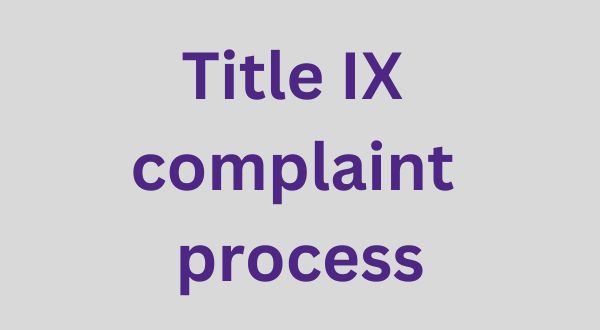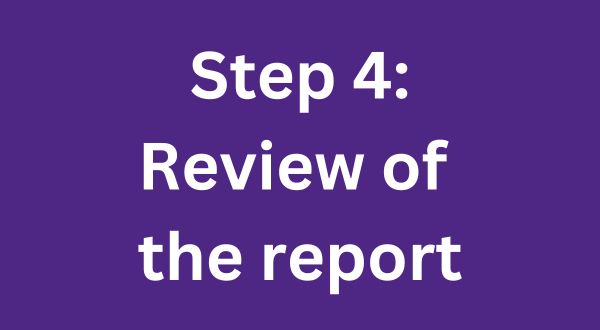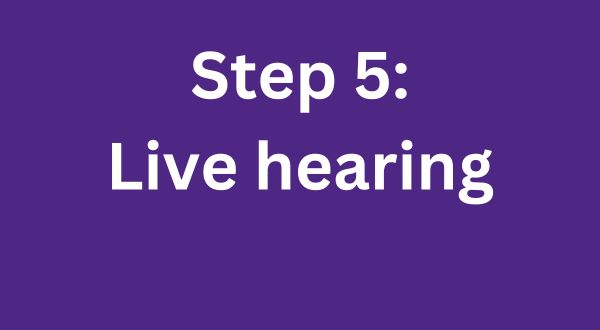Title IX
This is the landing page for all information related to Title IX Regulation updates
Title IX Coordinator: Justin Frederick | civilrights@k-state.edu | 785-532-6220
Deputy Title IX Coordinator: Eric Bicaba | civilrights@k-state.edu | 785-532-6220
Deputy Title IX Coordinator: Kristin Waller | kwaller@kstatesports.com | 785-532-5409
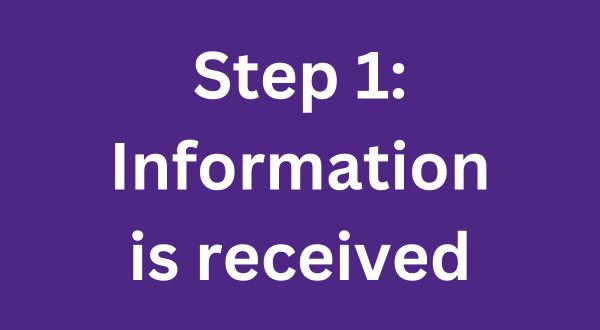
The Title IX Coordinator receives information about a potential violation involving you or someone else. The Title IX Coordinator contacts the complainant
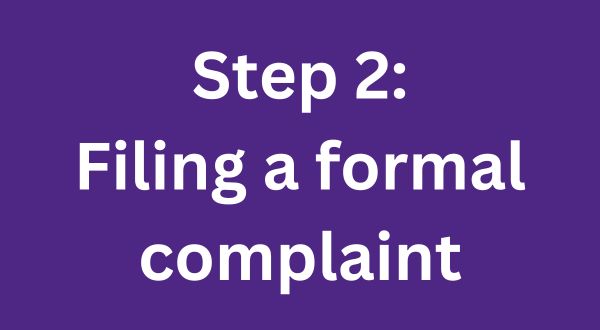
A signed formal complaint is required to start an investigation. You will be asked to not have contact with the other parties throughout the investigation process. During an initial evaluation, the coordinator will review the report to determine if the report fits the Title IX definition of sexual harassment.
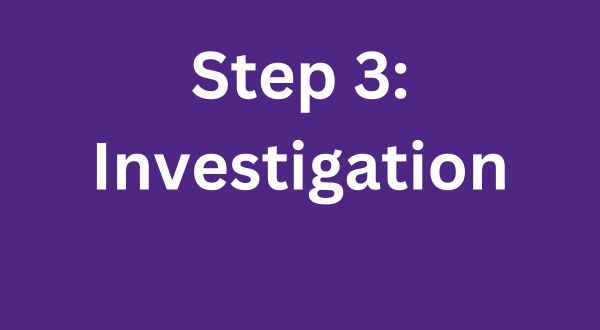
An investigator talks with the complainant, respondent and any witnesses to gather all details. The investigator will discuss advisor options with the complainant and review any documents or materials that could help with the investigation.
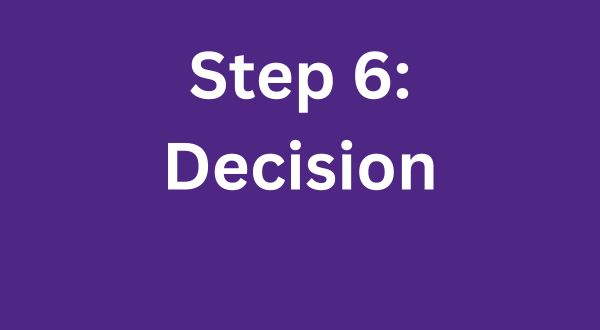
After the hearing, a decision will be made based on all the evidence. Both parties are informed of the outcome.
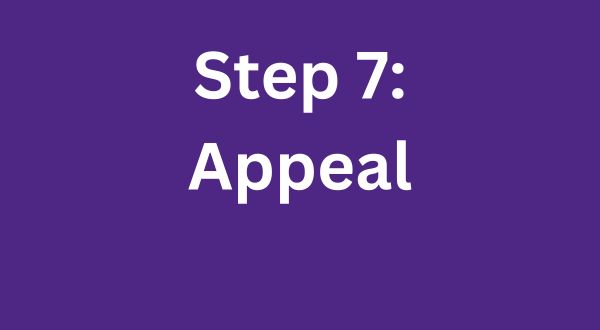
An appeal may be filed if the basis affects the outcome, such as: a procedural error, new evidence is available since the investigation or hearing, or a conflict of interest or bias involving the Title IX coordinator, ART members or hearing officer. Disagreeing with the outcome is not a basis for appeal.
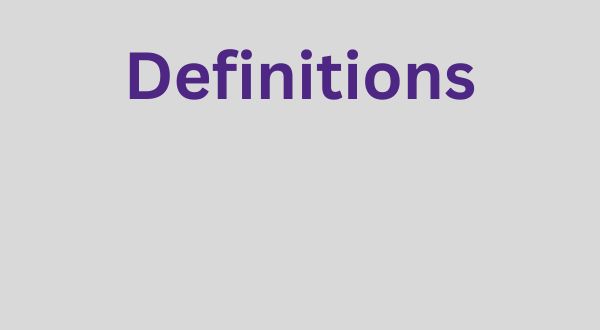
Complainant: You or the person who experienced the incident. Respondent: The person who’s accused of wrongdoing. Witness: Anyone who might have important information related to the incident. ART: Administrative Review Team including an investigator and university administrator who will gather the information related to the incident. Advisor: Person who provides you support during the investigation and hearing. You can choose your own advisor or ask for one to be provided at no cost.
